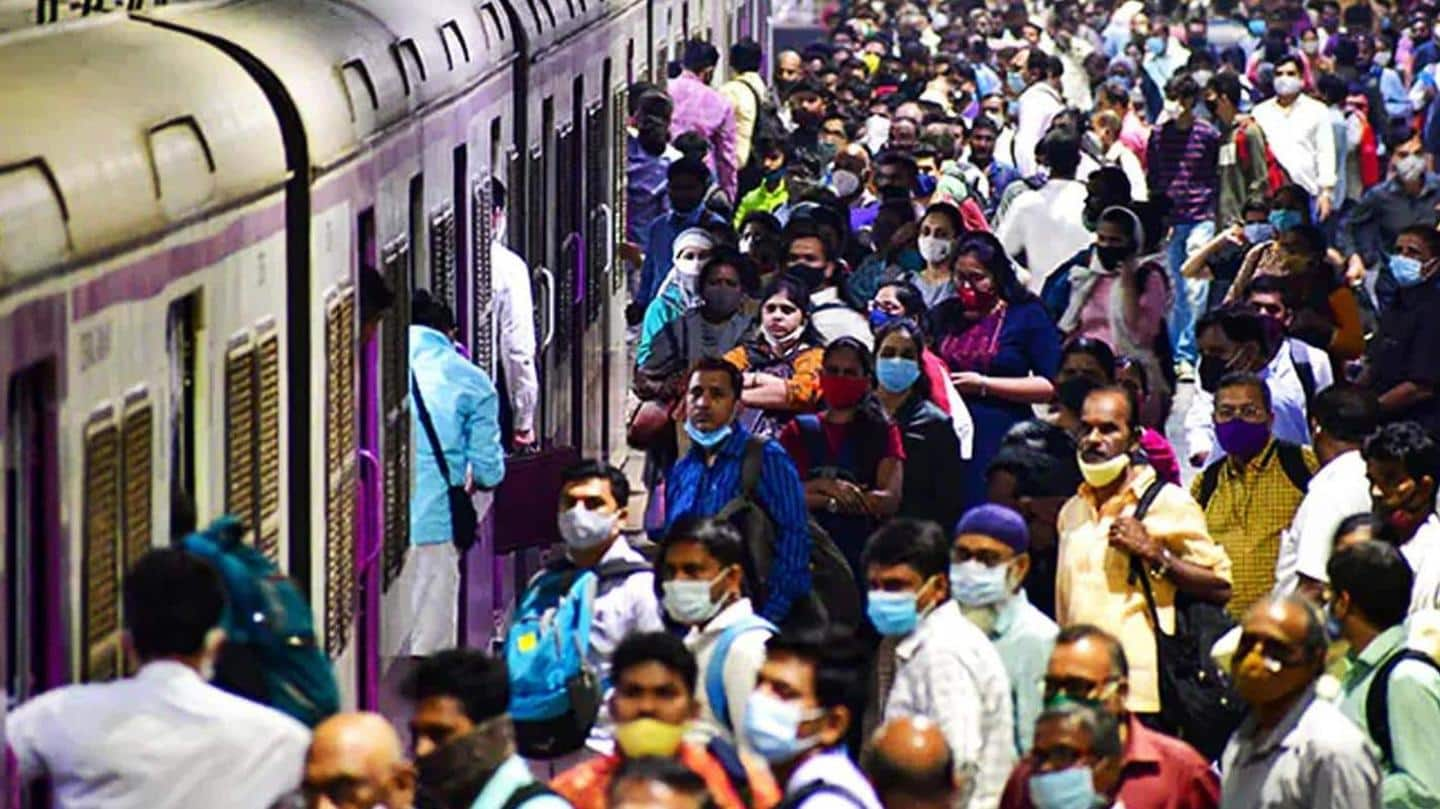
COVID-19: IIT-K scientist says third wave may peak by February
What's the story
The third wave of COVID-19 could peak in India in late January or early February, according to Dr. Manindra Agrawal, a professor at the Indian Institute of Technology, Kanpur.
Daily infections might reach an all-time high of eight lakh cases—double of what was seen during the peak of the second wave.
Mumbai and Delhi might witness the peak early, likely by mid-January, he said.
Context
Why does the story matter?
Agrawal operates the SUTRA computer model that tracks the COVID-19 curve across India.
On Sunday, India reported a 224-day high of 1.59 lakh fresh COVID-19 cases, taking the active caseload tally to 5.9 lakh.
Within two weeks, India's daily tally has increased tenfold.
So far, India has reported 3,623 Omicron cases. Maharashtra tops the chart with 1,009 Omicron cases, followed by Delhi (513).
Quote
'Third wave to be over by mid-March'
"The third wave (for the country) is expected to peak somewhere in the beginning of next month or even slightly earlier," Dr. Agrawal told The Indian Express (TIE).
The all-India curve has only recently begun to increase, he said.
"It will take another month's time to come down," he said, adding that the country's third wave should be over by the middle of March.
Delhi, Mumbai
Third wave peaks in Delhi and Mumbai
Mumbai is projected to register 30,000 to 60,000 COVID-19 cases by mid-January, Dr. Agrawal had earlier told PTI.
Also, by mid-January, 35,000 to 70,000 coronavirus cases are expected in Delhi, he said.
The hospital bed requirement for Mumbai and Delhi will peak at 10,000 and less than 12,000, respectively.
In Mumbai, the situation is improving; however, Delhi is still not stable, he added.
Information
Third wave manageable, says expert
The third wave will be weaker than the second, Dr. Agrawal told PTI.
He said the Omicron strain has shown high transmissibility, but it is not as severe as the Delta variant.
This wave appears to be manageable, he said, citing fewer hospitalizations.
Earlier, he had tweeted saying that predictions for India are difficult as the current phase is not captured by the model.
Elections
'Not much impact of elections on outbreaks'
According to Dr. Agrawal, elections are only one of the many factors contributing to outbreaks.
"If we take the elections out of the equation, the overall situation...did not change much," he told TIE.
Agrawal's comments on the influence of elections were based on an analysis he did last year of the COVID-19 situation in 16 states, including five that had gone to the polls